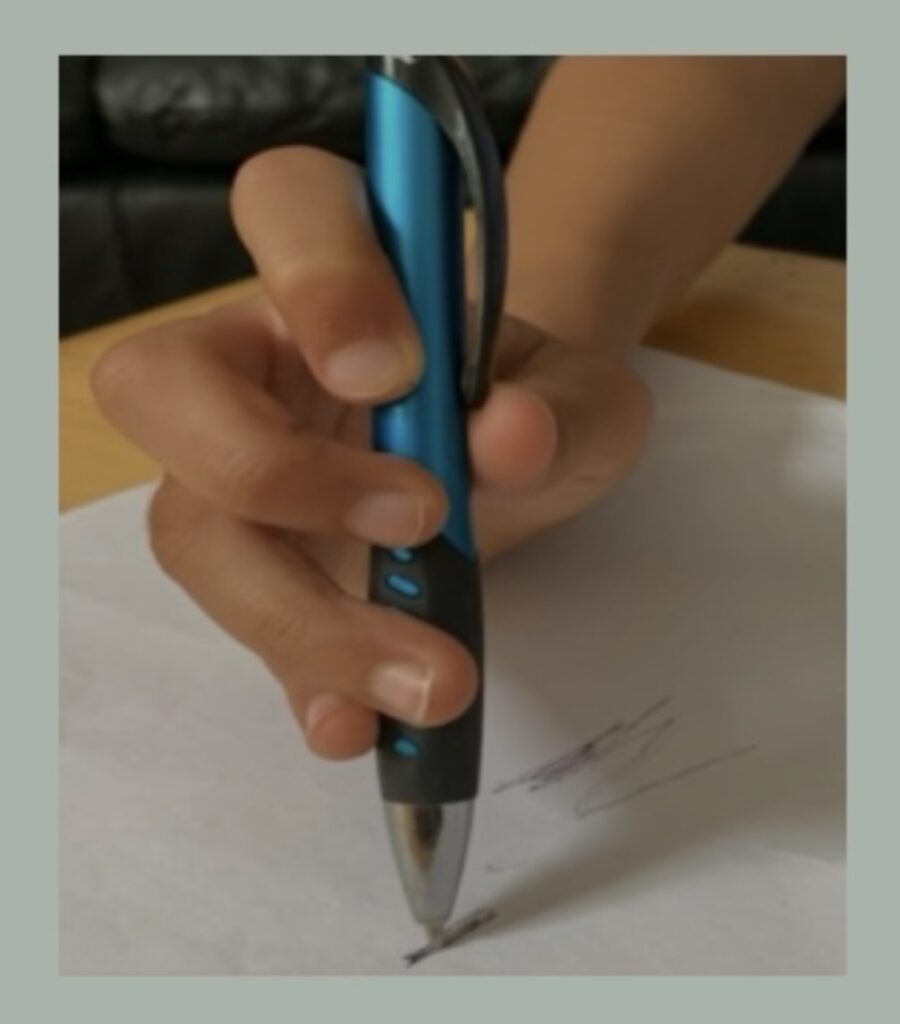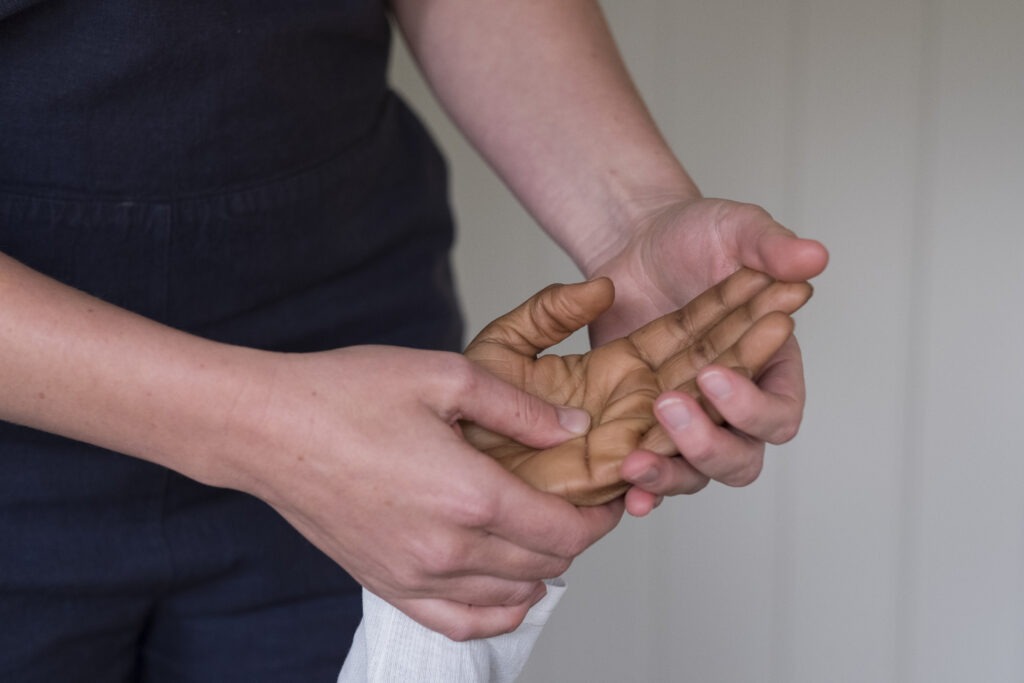Hypermobility in Kids’ Hands: Signs to Look For and How to Help

If your child avoids writing, says their hands hurt, presses too hard, or tires easily, it’s valid. They’re not being lazy. In fact, they’re often working extra hard just to keep up.
7 Insights about Hypermobility

Hypermobility means some of the joints in your child’s body stretch and move more than expected. They’re extra bendy or flexible. But it’s not just about being “double-jointed.” Hypermobility can impact motor coordination, digestion, energy levels, sleep, emotional regulation, and even writing.
Breastfeeding & Sensory Processing Difficulties

I contacted a speech feeding therapist of mine whom I hugely respect at day 3! We were so fortunate to have her support as the NHS speech therapist said there’s nothing to do until M eats foods. Not only couldn’t we wait but I knew better. Please know this is so not true. It was important to strengthen and develop M’s jaws, cheeks, lips, and tongue so he could nurse and later, eat foods and talk.
